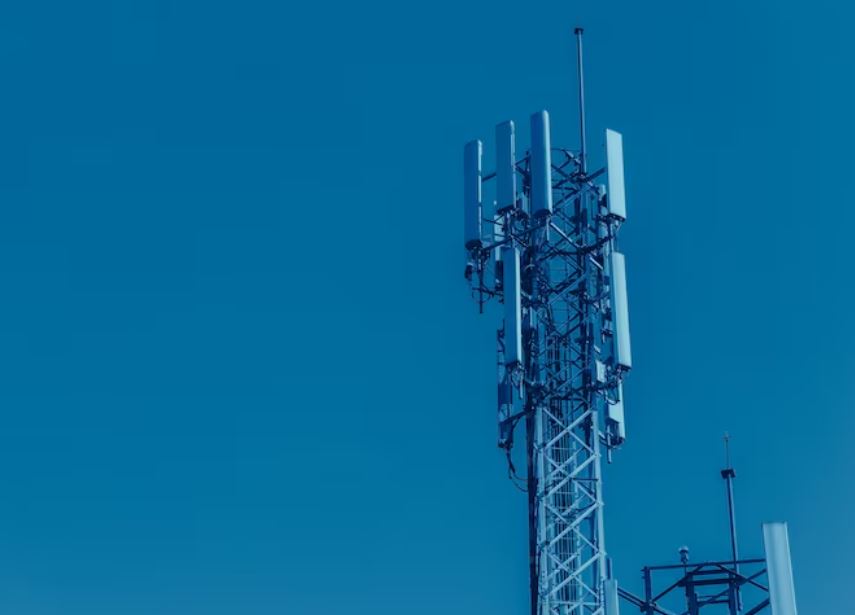
With its remarkable ability to influence how families stream, work, and connect on a daily basis, Sky Broadband UK has become a digital backbone for millions of households. Its transformation from a pioneer in satellite television to a dominant force in broadband is remarkably similar to Apple’s transition from computers to iPhones, demonstrating that reinvention can be especially advantageous when driven by ambition and vision.
In addition to speed, Sky’s ability to incorporate entertainment into broadband packages is what sets it apart from the competition. For families who want convenience in a single bill, bundling Sky Broadband with Netflix, Discovery+, or Sky Sports feels incredibly flexible. This bundling is reminiscent of Disney’s ecosystem-building approach, in which users enter a lifestyle where broadband seamlessly supports leisure, productivity, and entertainment rather than merely purchasing a service.
Sky Broadband UK Key Information
| Topic | Sky Broadband UK |
|---|---|
| Provider | Sky UK, subsidiary of Comcast |
| Founded | 2006 (after acquisition of Easynet) |
| Headquarters | London, United Kingdom |
| Services | Broadband, fibre, WiFi hubs, landline, TV & mobile bundles |
| Speed Range | 61 Mbps to 5 Gbps (Full Fibre Gigafast+) |
| Packages | Essential, Superfast, Ultrafast, Gigafast+ |
| Hardware | Sky Broadband Hub, WiFi Max Hub (WiFi 7) |
| Unique Features | Broadband Shield, Talk Shield, One Touch Switch |
| Bundles | Sky Broadband + Sky TV, Netflix, Discovery+, Sports & Mobile |
| Market Position | Second-largest broadband provider in the UK |
| Reference | www.sky.com/broadband |
Full Fibre Gigafast+ plans offer speeds of up to 5Gbps, which is much faster than many households previously believed was possible. Sky’s network is incredibly dependable for homes where 4K streaming, remote work, gaming, and video calling all happen at the same time. Sky is significantly enhancing how people experience daily life in the context of Britain’s developing digital economy, where connectivity defines both work and play.
Additionally, Sky’s celebrity-driven marketing campaigns have been incredibly successful in fostering trust. The company cleverly aligns itself with cultural icons, from Samuel L. Jackson endorsing the Broadband Shield to Sky Sports streaming Premier League matches. Here, broadband is no longer a utility; rather, it is the fiber-optic stage that British culture performs on every day and the silent enabler of entertainment.
An additional persuasive layer is added by the pricing structure. With entry-level packages starting at £24 per month and Gigafast services at higher tiers, Sky has made broadband surprisingly affordable for a variety of needs. It is very effective at drawing in customers who are fed up with hidden fees and lengthy wait times by offering to pay up to £100 in leaving fees when customers switch providers. Sky guarantees that switching to its service is simple when combined with the One Touch Switch rule, which is a contemporary take on the customer-first approach.
In terms of technology, the WiFi Max Hub is notable for being incredibly robust and progressive. It supports smart homes with multiple devices requiring speed and stability simultaneously thanks to WiFi 7. Parents find it especially helpful to prioritize work calls over background streaming or to pause WiFi for homework. The system is so adaptable that it can be used by both single professionals and large households, demonstrating that speed alone is no longer sufficient.
Sky’s history shows a persistent desire to grow. It gained access to unbundled exchanges in 2005 when it acquired Easynet, and its market presence was strengthened in 2013 when it acquired O2 and BE Broadband. In addition to business growth, each move represented a significantly better effort to establish Sky as Britain’s digital hub. Sky has kept up with the nationwide rollout of fiber over the last ten years, demonstrating its exceptional ability to gain traction.
The impact on society is just as significant. The digital divide is being considerably lessened in rural areas that have historically been underserved by fast internet thanks to the expansion of fiber by providers like Sky. Sky’s network is especially creative in helping livelihoods for small businesses selling on Etsy or TikTok, doctors conducting online consultations, and teachers conducting remote lessons. Broadband stops being a luxury and turns into a necessary service that shapes equality by reducing the divide between rural and urban households.
Attention should also be paid to Sky’s NOW Broadband brand. For young professionals and students who value independence, it is surprisingly affordable because it offers flexible, contract-free options. This flexibility is remarkably similar to Apple’s family-sharing plans and Spotify’s student pricing—shrewd strategies for luring clients in early and fostering enduring loyalty.
One of the main pillars of Sky’s strategy is still advertising, where the business excels. Sky turns broadband into something glitzy by tying its advertising campaigns to popular films like Despicable Me or Marvel’s Captain America. This unconventional but incredibly successful strategy helps consumers emotionally connect with what might otherwise feel like a commodity by redefining broadband as a gateway to entertainment culture rather than as wires and speeds.
Sky’s infrastructure was put to the ultimate test during the pandemic. From Zoom office meetings to online classes for kids, broadband carried heavier loads. Sky’s reputation among consumers was greatly enhanced by its exceptional dependability, which allowed it to manage these demands with little interruption. Resilience fosters brand loyalty in ways that marketing alone cannot, as demonstrated by the numerous households where this dependability was the difference between professional productivity and chaotic disruption.
Sky’s future seems remarkably obvious when looking ahead. Sky is preparing homes for the future of smart living with Comcast’s support, fiber expansion investments, and WiFi 7 rollout. Broadband will be essential in the upcoming years as more connected devices, such as security systems and smart refrigerators, are installed in homes. Sky’s relevance in this rapidly evolving environment will be determined by its capacity to maintain both technological innovation and surprisingly low prices.